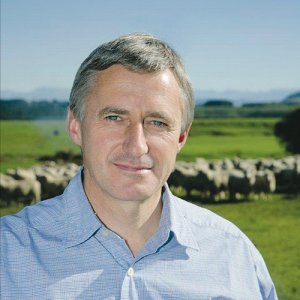But Federated Farmers vice-president William Rolleston disagrees, saying the bottleneck is not in the technology transfer, but in the science to innovation.
The Greening New Zealand’s Growth report was released this month at the National Party’s Bluegreen conference in Auckland. It recommends developing a “toolbox” system to deliver technology developments to farmers.
The failings in the transfer systems mean there’s wide variation among farmers in the uptake of tools to improve productivity and reduce the environmental footprint, the report says.
The “tail” of lower performers could “attract increasingly negative scrutiny from international customers and market observers to the likely detriment of New Zealand’s reputation for ‘clean green’ production,” it warns.
Greater clarity is needed about who is responsible for helping farmers manage diffuse source pollution and greenhouse gases, so farmers receive factual, trustworthy information that reflects the latest science.
It says MAF needs to work closely with industry and sector groups in enhancing existing programmes and developing programmes or “toolboxes”. Delivery of advice on new technologies is most effective through trusted advisers in existing channels.
But Rolleston says “if there’s something that works, farmers don’t need much convincing.”
He thinks the report’s authors may have had the example of nitrification inhibitors in mind, which work in some places, but not in others. Technology transfer shouldn’t try to convince people to take things up where they’re not proven.
But Rolleston agrees with the report finding that maintaining a world class agricultural R&D system in New Zealand is a challenge.
“That’s a challenge we have to rise to. Having a good scientific capability that’s able to develop the knowledge that we are going to need in 15, 20, 30 years’ time is a critical investment for the future.”
The report’s “tool boxes” are a good idea, but DairyNZ and Beef + Lamb already have them.
“You have to be careful with consolidation of information channels that you do not try to be too many things to too many people.”
Waikato University Professor of Agribusiness Jacqueline Rowarth says there needs to be a clarification of roles.
“The CRIs are supposed to be commercialising IP - so ‘giving’ it to the levy bodies is not easy. The competitive funding model is anti what is being recommended here, and, in fact, what is needed for the future.”








